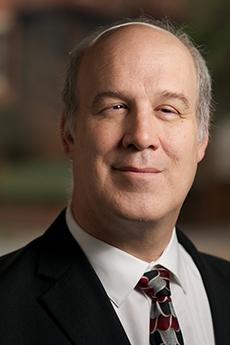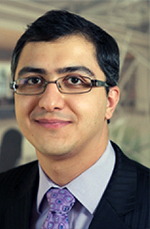Faculty
GW Engineering Online Programs Leadership
Director, Online Engineering Programs
Co-Director, Online Engineering Programs
Associate Professor of Online Engineering Programs
All Faculty

Noran Abraham, D.Eng.
Engineering Management

Kevin Abreau-Castellanos, D.Eng.
Engineering Management

Oluwatomi Adetunji, D.Eng.
Engineering Management
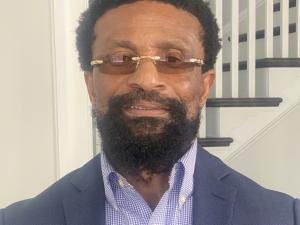
Moses Adoko, PhD
Systems Engineering
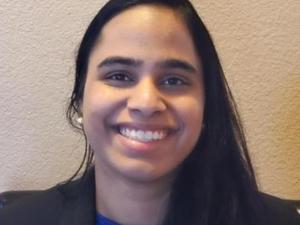
Anmol Agarwal, D.Eng.
Cybersecurity

Adewale Akinfaderin, D.Eng.
Artificial Intelligence & Machine Learning
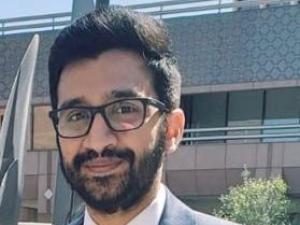
Daniyal Ali, D.Eng.
Engineering Management
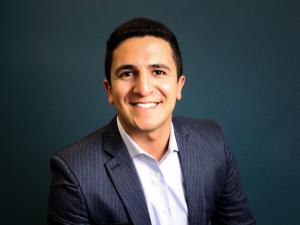
Hamza Alsarhan, D.Eng.
Cybersecurity
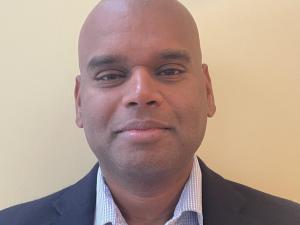
Arthiraiyan Appulingam, D.Eng.
Cybersecurity

Abdi Awl, D.Eng.
Cybersecurity

Sean Baggott, Ph.D.
Cybersecurity
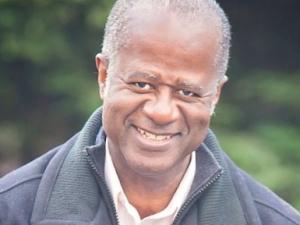
Reginald Bailey, Ph.D.
Systems Engineering
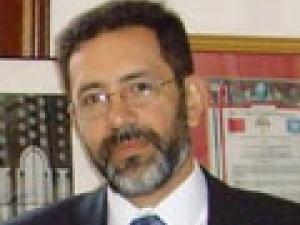
Mohamed Belkhayat, Ph.D.
Artificial Intelligence & Machine Learning

Bonaire Berry, D.Eng.
Engineering Management

Steven Biemer, D.Eng.
Systems Engineering




